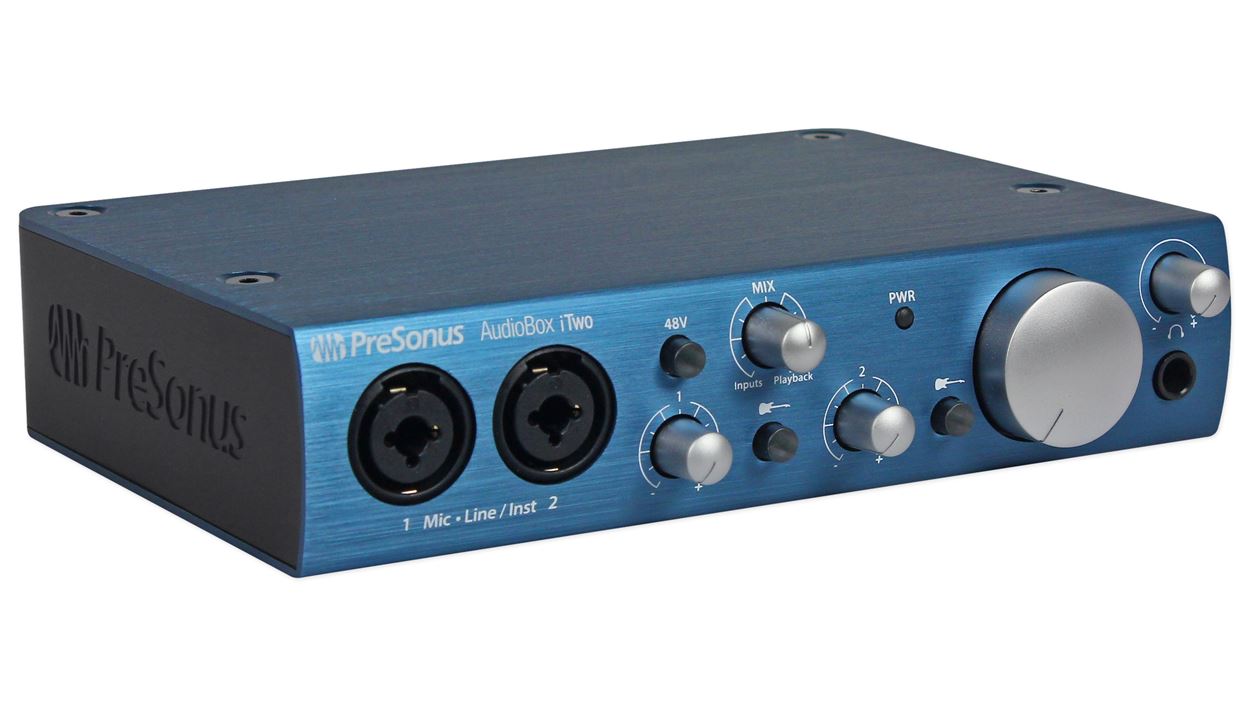

Interestingly, in the H9000, the quad-core ARM processors are mounted on removable cards, the idea being to allow easy upgrading of the device as and when even more powerful processors become available. Although the H9000 was hinted at in 2016, it has been in development for around five years, and the long time spent on R&D was mostly due to this model being built on a newly developed platform comprising multiple 32-bit floating-point ARM processors (previous models had been based on more traditional 24-bit fixed-point DSP). Of course, the relentless progress in processor power and memory capacities has allowed each new generation of Harmonizer to be far more powerful than the last, and it's little surprise that the new flagship H9000 Harmonizer represents a substantial leap forward in this respect from the eight-channel H8000FW that appeared in 2006.

And they weren't limited to musical effects - for example, most of the alien/machine voice processing in the BBC's iconic 1978 radio comedy drama The Hitchhiker's Guide To The Galaxy was also courtesy of an H949. Harmonizers also featured heavily in the creative guitar sounds and effects on albums from the likes of AC/DC, David Bowie, Van Halen, Led Zeppelin, and many more. The more powerful H949 Harmonizer that followed soon became a mainstay of high-end recording studios and broadcasters, and found its way into the stage racks of many well-heeled musicians. In 1974 the brilliantly innovative H910 Harmonizer was an instant success, providing not only delays with modulation and feedback, but also playable pitch-shifting. This was back at the very beginnings of the digital audio revolution and, as with many contemporary companies, Eventide's early forays into ones and zeros were with variations on digital delay lines. The company started out in 1970 making auto-locators for Ampex multitrack tape recorders, but they first came to the attention of most musicians when they launched the Instant Phaser. The Eventide name has been revered in the recording studio world for as long as I can remember.

Modify pitch by musical intervals (diatonic) to harmonize vocals or solo instruments.Optional "glitching" of original H910 hardware to create unpredictable sounds as it alters pitch.Anti-Feedback modulates the pitch around unity for a subtle or wild effect.Perform perfect pitch changes controlled manually, via MIDI or with Anti-Feedback.True analog modeling of highly nonlinear electronics for faithful reproduction of the original H910's juicyness and grit.OUT2 Delay Group - adds inspiring attributes to your sound.The built-in envelope follower makes exploring these possibilities easy. Envelope Follower - Engineers and producers discovered that sending a control voltage to the hardware H910 could be used to slightly (or massively) vary the pitch, creating entirely new sounds.With the H910 plug-in you can easily use MIDI to control pitch and harmonization in real-time. Keyboard and MIDI mapping - The original H910 featured a keyboard remote control which was used live by several artists including Elton John.This version recreates the popular technique of running two H910 units in parallel to create lush doubling and other interesting effects. When you purchase the H910 Harmonizer plug-in, you also receive Eventide’s exclusive H910 Dual Harmonizer. At extreme settings, you can create unheard-of mechanical sounds, drone effects or robot language using self-oscillation, delay, and anti-feedback. Use the H910's pitch changing ability to create specific musical intervals and perfect harmonies, spread guitars, fatten snares, apply subtle organic de-tuning to synths or add slap-back delays to vocals. Simply put, nothing sounds quite like it.Ī powerful creative tool, the H910 plug-in is a faithful recreation of the original hardware. With its unique combinations of pitch shifting, modulation and delay, the H910 can be heard on countless ground-breaking works by artists from AC/DC to David Bowie to Frank Zappa. The Eventide H910 Harmonizer was the world’s first digital effects processor.


 0 kommentar(er)
0 kommentar(er)
